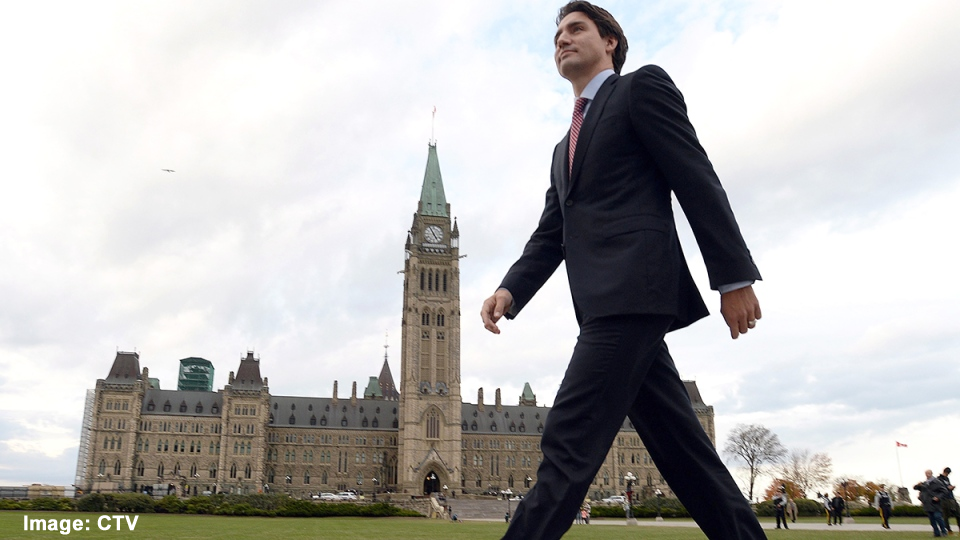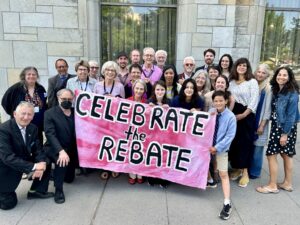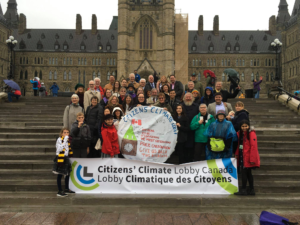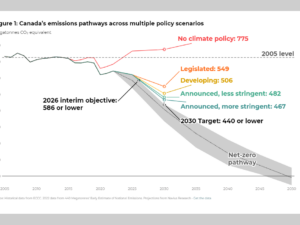
For Immediate Release: January 7, 2025 Justin Trudeau’s tenure as Prime Minister marks a pivotal chapter in Canada’s climate history, having accomplished more on climate policy than any other Canadian leader. The climate agenda began in 2015 with the Pan-Canadian Framework on Clean Growth and Climate Change. Developed in consultation with the people of Canada, businesses, provinces, territories, and Indigenous peoples, the framework aimed to achieve emissions reduction targets, promote economic growth, and enhance resilience to climate change. It set a new standard for proactive government planning across multiple sectors, replacing the previous fragmented and voluntary approach with a cohesive, strategic effort to address climate challenges. Under Trudeau’s leadership, Canada’s pollution levels have dropped to their lowest in 27 years, highlighting the effectiveness of the government’s climate policies. Prior to 2015, Canada’s greenhouse gas pollution trendline was upward with the provincial governments of that time doing the lionshare of the emissions reductions. Trudeau also achieved this in the context of lack of provincial cooperation within the confederation from especially current governments in Alberta, Saskatchewan and Ontario. All of this progress has been achieved despite the formidable challenges posed by decades-long climate disinformation campaign from the fossil fuel industry and the unprecedented disruptions of a global pandemic. Despite these accomplishments, significant challenges remain. The purchase of the Trans Mountain Pipeline underscored the tension between climate commitments and fossil fuel interests, eroding public trust in the government’s climate commitment. Moving forward, the next Liberal leader must build on Trudeau’s legacy by championing bold climate policies that facilitate a just transition away from fossil fuels. At the same time, they must address the rising income inequality, which has reached its highest level since 1999, when records first began. “The climate emergency is upon us. As Canada approaches a federal election, robust and inclusive climate action must be central to the agendas of all political parties,” says Cathy Orlando, National Director of Citizens’ Climate Lobby Canada. “This is about you and your family. Voters must demand climate policies that ensure a safe, sustainable future, prioritizing actions that reduce pollution, support clean energy jobs and the caring economy, and make life more affordable and resilient for all.” Through continued collaboration and innovation, Canada’s climate journey can serve as a model for action, ensuring a legacy of leadership and a future where Canadians are remembered as good ancestors—those who acted decisively to safeguard the planet for future generations.The Climate Legacy of Justin Trudeau
A Perspective from Citizens’ Climate Lobby Canada
Media Contact: Cathy Orlando, 705-929-4043 cathy@citizensclimate.org
These policies have had significant impacts, including:












